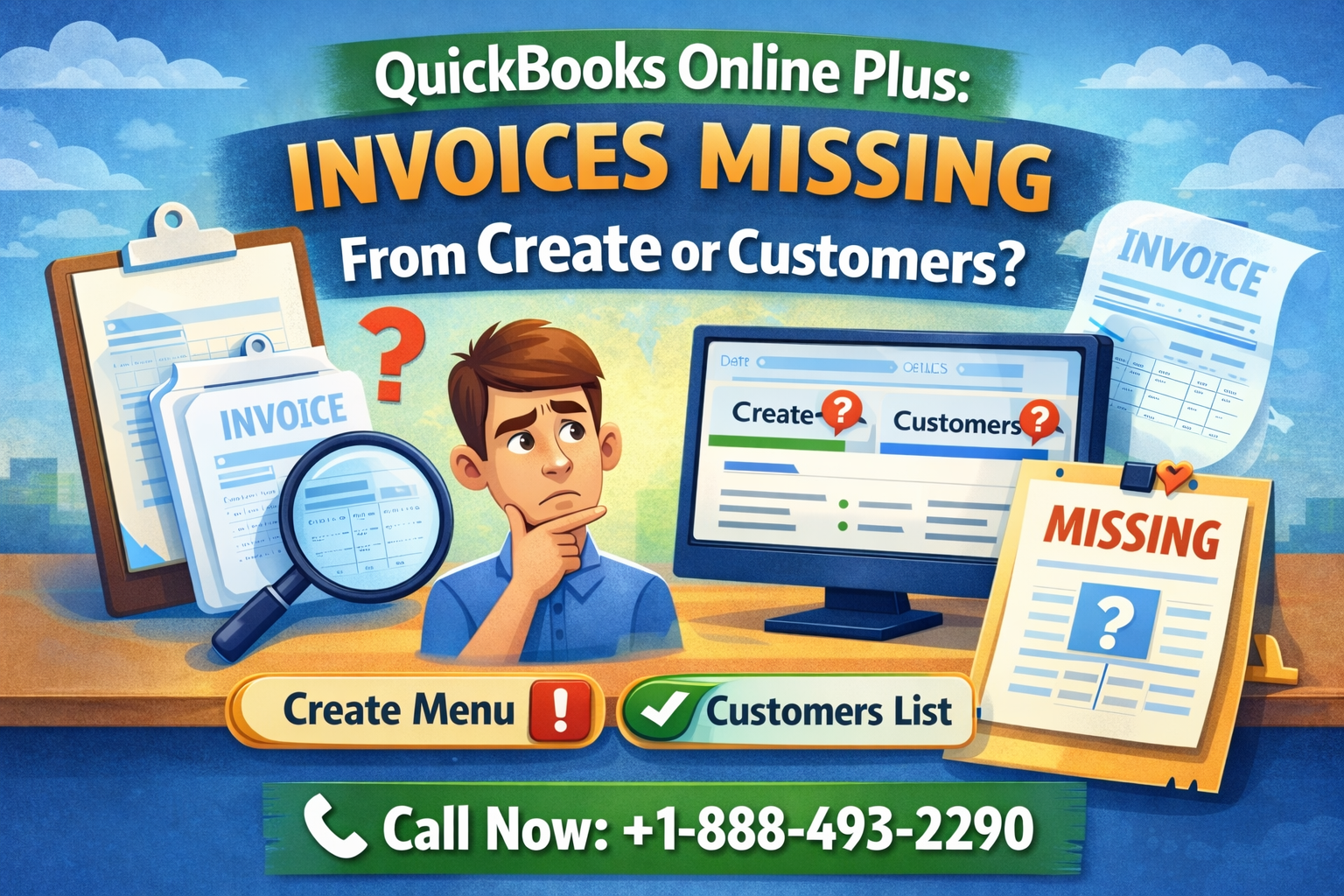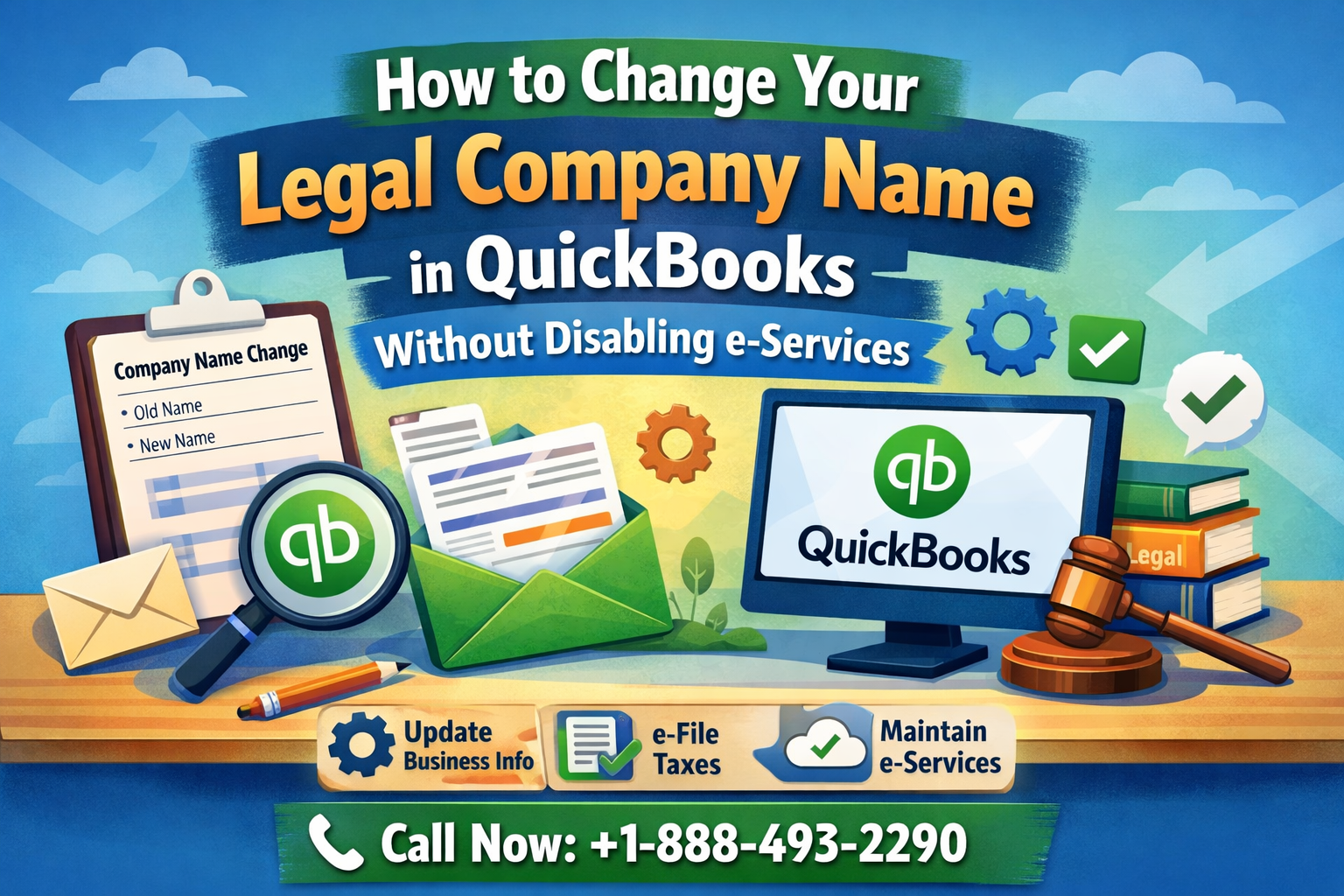QuickBooks Desktop is one of the most widely used accounting software solutions, helping businesses manage their finances efficiently. However, as technology evolves, it becomes essential to upgrade your QuickBooks Desktop software periodically. Upgrading ensures that you have access to the latest features, improved security, and enhanced performance. This guide will walk you through everything you need to know about upgrading QuickBooks Desktop, including why upgrades are necessary, steps to upgrade, common challenges, and troubleshooting tips.
Why Upgrade QuickBooks Desktop?
Upgrading QuickBooks Desktop is crucial for multiple reasons:
- Security Enhancements: Each new version includes updated security features to protect your financial data from cyber threats.
- Performance Improvements: Newer versions are optimized for speed and efficiency, making your accounting tasks smoother.
- New Features and Tools: Upgrades bring new functionalities, automation options, and integrations that improve productivity.
- Compliance with Latest Regulations: Updated tax laws and accounting regulations are incorporated into newer versions.
- Technical Support: Older versions may lose official support from Intuit, meaning no updates or troubleshooting assistance.
Preparing for the Upgrade
Before upgrading QuickBooks Desktop, follow these preparation steps:
1. Check System Requirements
Ensure your computer meets the latest system requirements for QuickBooks Desktop. Intuit provides a list of supported operating systems, processors, RAM, and disk space needed.
2. Backup Your Data
Creating a backup ensures that you don’t lose any critical financial data in case of an issue during the upgrade.
- Open QuickBooks Desktop.
- Click File > Back Up Company > Create Local Backup.
- Choose Local Backup and select a safe location to save the file.
- Follow the on-screen prompts to complete the backup process.
3. Verify Your Subscription
Ensure that your QuickBooks license and subscription are active. You may need to log in to your Intuit account to check your subscription status.
4. Notify Your Team
If multiple users access QuickBooks, inform your team about the upgrade to prevent work disruptions.
Upgrade QuickBooks Desktop
Once you’re prepared, follow these steps to upgrade your QuickBooks Desktop software.
Step 1. Download the Latest Version
- Visit the official Intuit website and sign in to your account.
- Navigate to the Downloads & Updates page.
- Select your Product Version and click Download.
Step 2. Install the New Version
- Close QuickBooks and any other running applications.
- Open the downloaded installer file and follow the on-screen instructions.
- Choose Upgrade Existing Version or New Install (if installing on a different device).
- Accept the License Agreement and click Next.
- Select the Custom or Network Options, based on your company’s needs.
- Click Install and wait for the process to complete.
Step 3. Activate QuickBooks Desktop
- Open QuickBooks and go to Help > Activate QuickBooks Desktop.
- Enter the License Number and Product Key.
- Follow the prompts to complete activation.
Step 4. Restore Your Backup (If Needed)
If you performed a clean install, restore your backup file:
- Open QuickBooks.
- Click File > Open or Restore Company.
- Select Restore a Backup Copy and click Next.
- Choose the backup file and follow the on-screen instructions.
Step 5. Update Your Company File
When opening your company file in the upgraded version, QuickBooks may prompt you to update it.
- Click Yes to start the update.
- Wait for the process to complete.
- Review your data to ensure everything is intact.
Common Challenges and Troubleshooting
Upgrading QuickBooks Desktop can sometimes present challenges. Here’s how to address common issues:
1. QuickBooks Upgrade Installation Errors
- Ensure you have administrator privileges.
- Disable antivirus software temporarily.
- Run the installer in compatibility mode (for older operating systems).
2. QuickBooks Won’t Open After Upgrade
- Restart your computer.
- Run QuickBooks Install Diagnostic Tool.
- Reinstall QuickBooks if the issue persists.
3. QuickBooks Company File Won’t Open
- Verify that the file is stored in a local drive (not on external storage).
- Run QuickBooks File Doctor.
- Ensure all users are logged out before accessing the file.
4. Missing Data or Transactions
- Restore from the backup file.
- Use the Rebuild Data Tool (under File > Utilities).
Post-Upgrade Best Practices
To maximize efficiency after upgrading QuickBooks Desktop, follow these best practices:
1. Update QuickBooks Regularly
Enable automatic updates under Help > Update QuickBooks Desktop.
2. Train Your Team
If new features are introduced, conduct training sessions for your staff.
3. Review Security Settings
Set up multi-factor authentication and user permissions to protect sensitive data.
4. Check Third-Party Integrations
Ensure your connected applications (e.g., payroll, banking) are compatible with the upgraded version.
5. Monitor Performance
Regularly check for software updates and troubleshoot issues proactively.
Conclusion
Upgrading QuickBooks Desktop is an essential step in keeping your business accounting system secure, efficient, and compliant. By following the preparation steps, upgrade process, and troubleshooting tips outlined in this guide, you can ensure a smooth transition to the latest version.
Regular upgrades not only improve performance but also provide access to new features that enhance your overall accounting experience. If you encounter difficulties during the upgrade, Intuit’s support team and online community can provide additional assistance.
Frequently Asked Questions (FAQs)
Upgrading to the latest version ensures you have access to the newest features, security updates, and compatibility improvements. It also enhances performance and provides access to new tools like advanced reporting, better inventory management, and improved automation.
You can verify your upgrade eligibility by logging into your Intuit account or contacting QuickBooks customer support. Users with active subscriptions often qualify for automatic upgrades.
Yes, your company data will transfer during the upgrade process. QuickBooks provides a data conversion tool to ensure a smooth transition. However, it’s always recommended to back up your data before upgrading.
No, you don’t need to uninstall the old version. The upgrade process can overwrite the current installation while keeping your data intact. If you prefer, you can run multiple versions side-by-side.
The system requirements vary depending on the version. Ensure your computer meets the minimum requirements for RAM, processor, operating system, and disk space. You can find the specific requirements on Intuit’s website.
Yes, you can upgrade from older versions. However, if your version is significantly outdated (e.g., QuickBooks 2018 or earlier), you may need to perform additional steps, and some features may require reconfiguration.
The upgrade process typically takes 30 minutes to an hour, depending on your system and the size of your company file. Ensure you set aside time to complete the upgrade without interruptions.
If you choose not to uninstall the old version, you can still access it. However, data files upgraded to the new version won’t open in older versions.
If you experience errors, check the error code and refer to Intuit’s support documentation. You can also reach out to QuickBooks customer support at +1-855-738-4496 for assistance or use their troubleshooting tools.
Yes, an internet connection is required to download the latest QuickBooks Desktop version and any updates. However, once installed, you can use QuickBooks in offline mode.
Yes, you can migrate from QuickBooks Desktop to QuickBooks Online. QuickBooks offers a built-in export tool for a seamless transition. Be aware that some advanced features may not carry over.
Yes, Intuit offers training resources, webinars, and guides to help users adapt to the latest version. You can also explore tutorial videos within the QuickBooks Help menu.
Skipping upgrades can lead to compatibility issues with third-party apps, loss of access to technical support, and potential security vulnerabilities. Additionally, older versions may eventually stop working with Intuit’s services.



